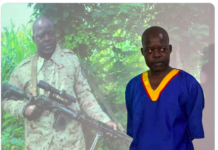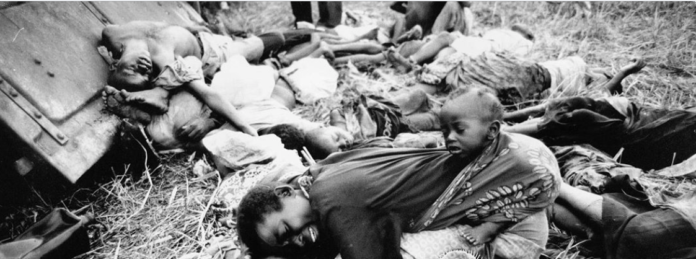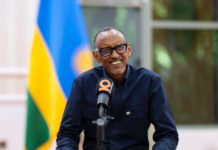On Monday December 2nd, 2019 at the French parliament, an international conference was held to discuss ways the DRC Mapping Exercise Report can be used as a tool to end impunity in the African Great Lakes region.
The mapping report was published in October 2010 as a result of an investigation led by the office of the UN High Commissioner for Human Rights (OHCHR) following a discovery of three mass graves in the eastern democratic of Congo in the late 2005.

Since publication of the report, none of its recommendations was acted on. One of its most important recommendations includes the creation of a mixed judicial mechanism made up of national and international personnel as one of various transitional justice measures to be considered in addressing the numerous international crimes committed in the DRC.
The panelists of the Paris conference included academics, human rights advocates and UN personnel. They discussed and shared their views on opportunities and challenges of implementing the recommendations of the mapping report which all believe that it would play an important role in ending impunity in the African Great Lakes region. Many participants believed that had the UN acted on the report’s recommendations sooner instead of shelving it, the current enduring human rights abuses and conflicts in the East of the Democratic Republic of Congo would have ended or lessened.
The Global Campaign for the Rwandans’ Human Rights participated in the conference because we support all initiatives whose objectives include justice of the victims of various atrocities that were committed in the DRC as it has been detailed in the mapping report and in the newly published declaration for the recognition of the Hutu genocide.

The Global Campaign for the Rwandans’ Human Rights is committed to collaborate with the organisers and participants of the Paris conference to continue to identify ways to bring justice and eventually end the ongoing impunity in the African GL region.
Denise Zaneza
EU & Nordic Countries Coordinator for GCRHR






























































